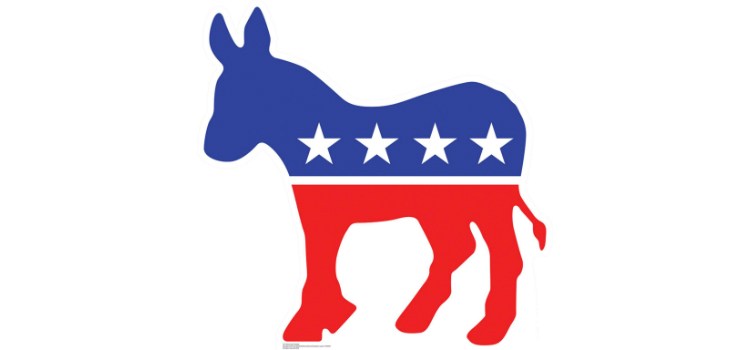
By John Atcheson
Common Dreams (2/3/19)
In a recent column in the New York Times, David Leonhardt cites a Kaiser survey on Medicare for all, and concludes that supporting it would be an “unforced error” for Democrats.
Sherrod Brown, a genuine progressive, made the same observation. Richard Eskow, writing in Common Dreams last week shows why Kaisers’ survey is flawed. But there is a bigger flaw embedded in Leonhardt’s and Brown’s assumption—specifically, the entire notion that Democrats should only run on things that poll well. This perspective is shared by the party’s leadership, by most of the media, and virtually all of the political consultants and contributors.
It’s not only wrong, it’s morally bankrupt and a prescription for at least two existential crises. It also explains why Republicans have been so successful despite being a minority party, and why the country has drifted to the right for more than three decades now, despite the fact that a firm majority of American voters remain progressive on an issue-by-issue basis.
The choice is clear. We can drift toward an economic and climate related Armageddon by following polls, or we can move toward a broadly shared sustainable and prosperous world by shaping them. Sadly, it looks like we’re choosing the former.
Exhibit A on how this dynamic plays out is Obamacare. Initially not popular with a majority, Republicans controlled the messaging about the Affordable Care Act (ACA) while Democrats mostly tried to hide from it, and as a result, it didn’t fare well in the polls. We’ll get back to the reasons it wasn’t popular in a moment, but first let’s look at how running from polls hurt the party.
In the 2014 midterms, Democrats did a complete swoon, running from the ACA as if it were a political poison pill, and they suffered historical losses as voter turnout plummeted to its lowest level since World War II.
Fast forward to 2018, and Obamacare became a defining issue that helped Democrats claw back some states and control of the House. What changed? Well, people had experienced it, of course, but the Republicans’ failure to come up with a viable alternative revealed the hollowness of their criticisms. If Democrats had defended the program and aggressively captured the messaging, while challenging the Republicans to propose concrete alternatives, it’s likely that the 2014 debacle could have been avoided.
Waiting for the taking
But there’s another lesson the Obamacare debacle reveals. The program itself never won a majority of Americans over, as the press reported and polls showed. This is why Democrats ran from it, rather than on it. But if you unpack the numbers in this polling, it broke down into three groups: the radical right-wingers who objected to anything Obama and the Democrats proposed; those who supported it; and those who didn’t think it went far enough, and favored a more comprehensive Medicare for All approach, or at a minimum, inclusion of a public option. In short, a solid majority wanted to do something about our broken medical system. In most cases, those who supported Obamacare, also supported a single-payer government program. So, with a little advocacy, there was a majority waiting for the taking on real, substantive, health care reform.
But Obamacare, itself, was a result of Democrats choosing to do the currently possible, rather than trying to advocate for the immediately necessary. Before the first shot was fired in the health care wars, Obama capitulated to the health insurance and pharmaceutical industries, and applied trim tabs to a foundering ship. This was, in part, a result of the party being beholden to corporations for their election campaign contributions, but there was a lot of talk about being “real” or “pragmatic,” a sentiment Sherrod Brown and the Democratic leadership still push, even after 2016’s disastrous results.
But as presidential historian Jon Meacham said on HBO’s “Real Time w/ Bill Maher,” it is often easier to make big honking changes than to try to accomplish incremental ones. …

John Atcheson is the author of “WTF, America: How The US Went off the Rails And How to get It Back on Track”.
(This work is licensed under a Creative Commons Attribution-Share Alike 3.0 License.)

